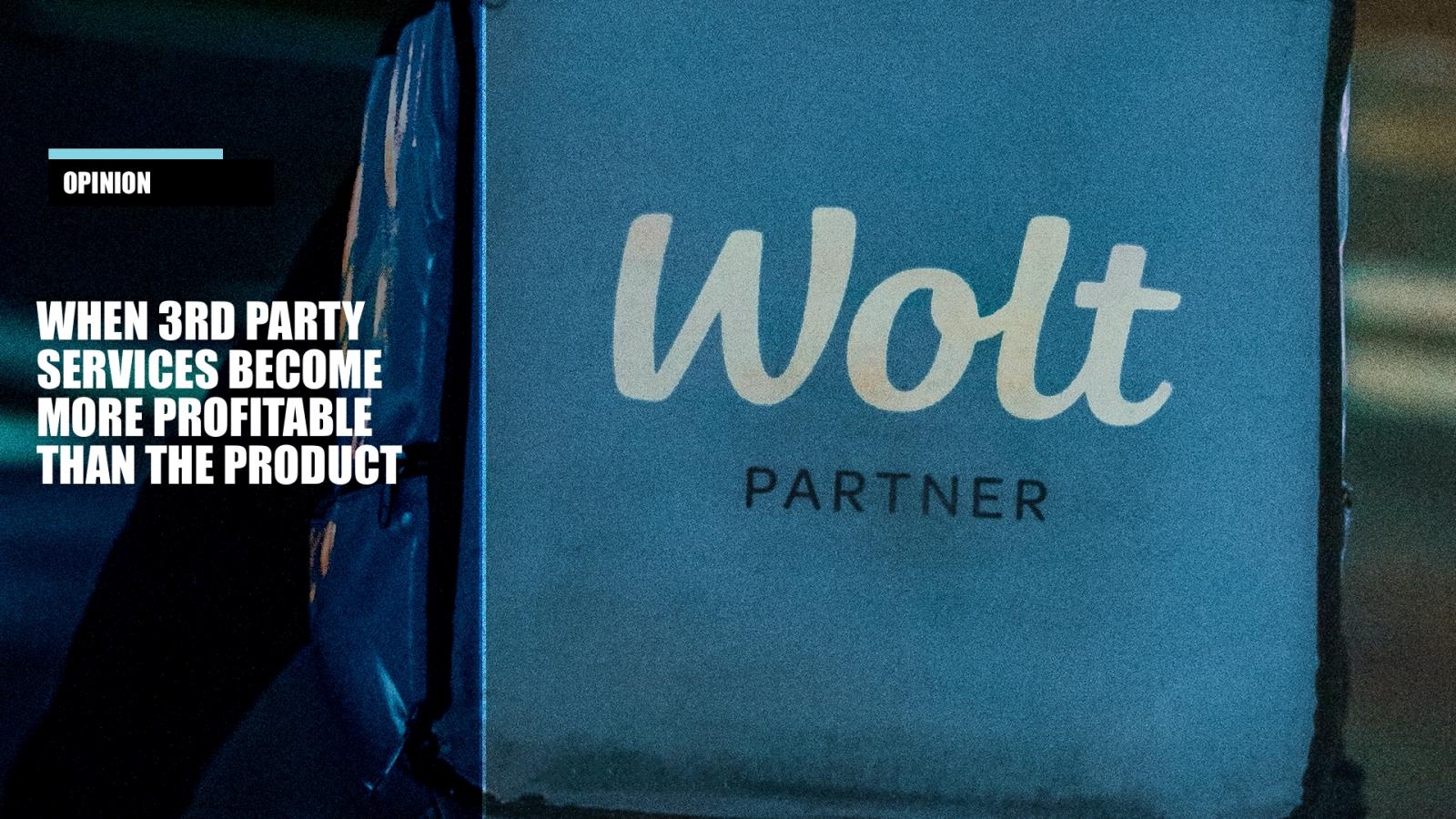
By Editor Morten B. Reitoft
I have mentioned 'The Long Tail,' by Chris Anderson so many times in my writings here on INKISH, and though the book starts to be a bit old - it keeps being spot-on. Anderson underscores that with everything being digital, it's not the physical shops that define the supply but the ability to find what you need online. 'The Long Tail' was written in 2006, before the so-called financial crisis, and at a time where the Internet only started to become mainstream and global.
Today I believe most people couldn't imagine a life without the Internet, but even more difficult without search engines.
So finding services has become a vast industry, and moves to all kinds of services from finding food, tickets, hotels, even printing companies - and the model is simple. The tailor-made search engines deliver more precise search results than even the mighty Google - and in return for the customer, the hotel, the airline, the 'whatever provider' pays for the customer. Hotels, Expedia, and food services like Liferando, Wolt, JustEat, Hungry, and those alike typically charge as much as 20-25% commission.
On top of that, typically sales taxes and credit card commissions. The service becomes more profitable than the product itself, and hotels, in particular, have signs in the lobby trying to convince customers to book directly.
The competition to Hotels, Expedia, etc., is credit card companies. The reward programs have become a tremendously huge business. Americans who typically have many credit cards use the cards to maximize their rewards - but apparently, most forget that they have paid for the rewards themselves. Either because retailers pay a premium - which influences the price of products, anyway, or because the credit card commissions make it attractive for issuers to reward loyalty with multiple cards.
'There ain't no such thing as a free lunch' - which Chris Anderson also writes about in his other book, 'Free - the future of a radical price.' That is ALSO an excellent book I recommend you to read!
The companies that offer these tailored search services have become investor darlings - since they are very scalable, have low overhead cost, and, when developed, have almost endless revenue potentials.
Of course, most of this is not new since it has always been about who owns the customers. However, you can think about whether it would be better for an industry to own its own search engines?
The crazy thing, in my mind, is that we as consumers accept overpriced or lower-quality products - because that MUST be the consequence of this trend. The argument is, of course, volume - but since almost every hotel and every fast-food company use these services, that will probably flatten out!
Thu February 16th
Le Kodak Prosper 520 ul...
La valeur réelle en numérique n'est pas la technologie d'impression que vous choisissez. Le vrai différentiateur est entre vos oreilles !
Fri October 15th
Beaucoup de preuves ...
What The Papers Say-Week of October 11-By Nessan Cleary
Fri October 8th
L'Australie ressent ...
What The Papers Say-Week of October 4th-By Nessan Cleary
Fri October 1st
La couverture de cet...
What The Papers Say-Week of September 27th-By Nessan Cleary
Fri September 24th
Autres signes de cro...
What The Papers Say-Week of September 20th-By Nessan Cleary
Tue September 21st
The peak performance...
INKISH couvre l'événement, et ne peut pas attendre pour rencontrer l'industrie est peut-être le premier événement physique en Europe:-) ...
Fri September 17th
Il y a de bonnes nou...
What The Papers Say-Week of September 13-By Nessan Cleary
Sat September 11th
Questions relatives ...
What The Papers Say-Week of September 6th-By Nessan Cleary
Fri September 3rd
Cette semaine, les h...
What The Papers Say-Week of August 30th-By Nessan Cleary
Fri August 27th
Les chercheurs trouv...
What The Papers Say-Week of August 23rd-By Nessan Cleary
S'abonner
Recevez une notification pour vous abonner à notre newsletter
Connexion
Nouvel utilisateur? Inscription
Réinitialisation du mot de passe
Inscription
Utilisateur existant? Connectez-vous ici
Connectez-vous ici
Réinitialisation du mot de passe
Veuillez saisir votre adresse e-mail enregistrée. Vous recevrez un lien pour réinitialiser votre mot de passe par e-mail.
Nouvel utilisateur? Inscription